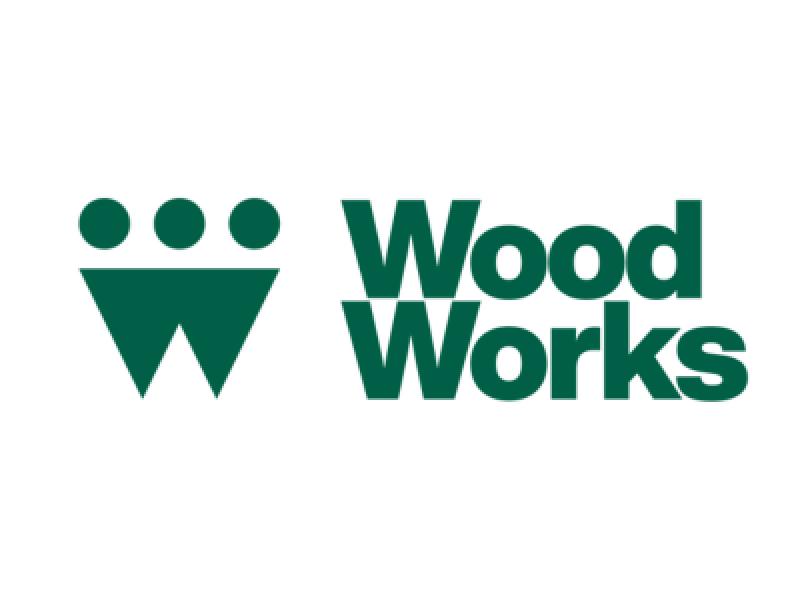Do you like it? Can you afford it? Will you be able to maintain it?

Columnist John Clark says home ownership decisions need to be based on sound economics, not appreciation hopes.
These are the criteria that should drive the decision to purchase a home. Don’t buy on the grounds you are making an investment that will generate a return – not unless you have sound data from which you can reasonably assume the appreciation over a specified period of time will outstrip the sum total of carrying and maintenance costs.
You must consider the mortgage costs, the various costs associated with a real estate transaction, and what it takes for the regular maintenance and repairs any built structure needs on a regular basis, from getting the furnace serviced every fall, to replacing a roof.
Many people my age in cities like Vancouver and Toronto have cashed out quite handsomely in recent years because they purchased a home decades ago and had the mortgage paid off. Now they can use that largesse to purchase a retirement residence and live well in a market that costs a lot less.
But this has left younger folks trying to buy into these markets facing an uphill battle. Housing unaffordability is the new trend.
Which is too bad. Everyone deserves a chance at home ownership while still being able to sleep at night.
But you have to ask yourself why you want to purchase your residence. How do you gain from this? How do you benefit? And in the end, depending on where you work and the lifestyle you like to lead, does it really make financial sense?
Forecasts missed the mark in 2017
It’s been a frustrating year for many who want to purchase their first home.
Forecasts from 12 months ago that called for housing markets across the country to cool off and price gains to lessen missed the boat. The Canadian Real Estate Association (CREA), for example, predicted the average sale price of a home would drop by 2.8 per cent in 2017, after jumping 10.5 in 2016. Instead, it’s now expected to have gained by another 3.5 per cent or so.
And now we have new tighter mortgage lending rules from the Office of the Superintendent of Financial Institutions (OSFI) which came into into effect Jan. 1 that the Bank of Canada expects will disqualify about 10 per cent of buyers who have down payments of 20 per cent or more. This comes after changes in 2016 that made it more challenging to get a “high-ratio insured mortgage,” in which the buyer puts down less than 20 per cent.
The results?
People will have to opt for smaller homes (which may not be a bad thing), try to put more money down, or delay their purchases.
A step in the wrong direction
CREA’s answer to this is a proposal that would allow children to tap into their parent’s RRSP savings to help them purchase a home, extending the existing Home Buyer’s Plan that allows you to borrow up to $25,000 from your RRSP for a first home purchase with 15 years to pay it back with an “intergenerational” RRSP loan.
In other words, let someone who can’t otherwise afford a home borrow on their parents’ dime, from money that isn’t theirs, to qualify for an even bigger pot of debt known as a mortgage. According to a survey by Canada Mortgage and Housing Corp., one in five first-time homebuyers are already getting help from family for a down payment.
It would allow this at a time when household debt levels relative to income in Canada continue to charge into uncharted territory, thanks mostly to mortgages and home equity lines of credit.
Here’s a backhoe, in case you can’t dig that hole deep enough with a shovel.
History has proven, time and time again, that when public policy and other forms of intervention make it easier for people to purchase a home, the cost of housing continues to rise. It’s a vicious cycle and the ultimate loser is the consumer.
Doing more harm than good?
Many readers of this publication will be in the position to lend money to their kids or grandkids for a first-home purchase.
You need to think long and hard as to whether you are really doing them a favour.
A couple of weeks ago, the Financial Post quoted a number of analysts who warn that any optimism by the central bank that Canada’s housing market is stabilizing, both from the risk of a bust and the continued growth of a boom, is premature.
We remain at risk of both – a resumption of rampant inflation, or a turn the other way for a hard landing.
Sure, it’s tough to buy a home in many urban markets across Canada and new measures in the new year may only make it harder. But as always, measures that allow consumers to stretch themselves further to make a purchase remain a bad idea.
If it makes me a curmudgeon to keep repeating that people need to think first of a house as a place to live and not as an investment, and buy only what they can afford on reasonable, conservative terms, then so be it.
Bah, humbug!
To discuss this or any valuation topic in the context of your property, please contact me at jclark@regionalgroup.com. I am also interested in your feedback and suggestions for future articles.







